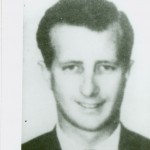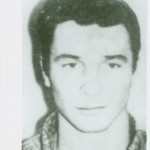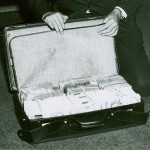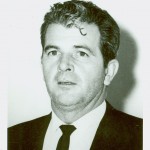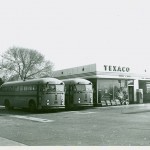Fifty-one years later, Frank Sinatra Jr.’s kidnapping still raises questions
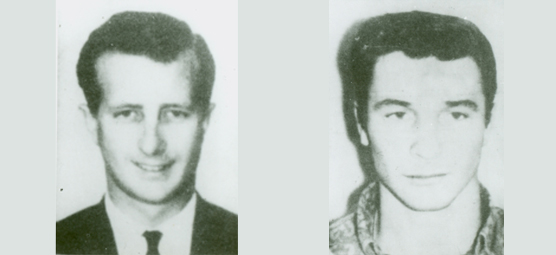
Probably the last person in the world you would want on your bad side would be Frank Sinatra, the famous singer and actor with an equally infamous temper and a host of friends in the Mob, in politics and in entertainment. But that’s exactly what a couple of young men in California set out to do 51 years ago.
On December 8, 1963, a pair of former high school classmates from Los Angeles decided that a quick path to fortune, if not fame, would be to kidnap the son of “Ol’ Blue Eyes” and hold him for ransom. Frank Sinatra Jr., who was at the time just starting his own musical career, was 19 years old and performing at Harrah’s Club Lodge in Lake Tahoe.
Barry Keenan, 23 and addicted to painkillers, pretended to deliver a package to the young singer’s dressing room. When Sinatra opened the door, Keenan and Joe Amsler, also 23, brandishing pistols, entered the room, tied up a friend of Sinatra who was present and blindfolded the victim. The kidnappers took Sinatra out a side door and, bluffing their way past police and roadblocks, drove him to a suburb of Los Angeles.
The alarm for the kidnappers and victim went out almost immediately.
The ransom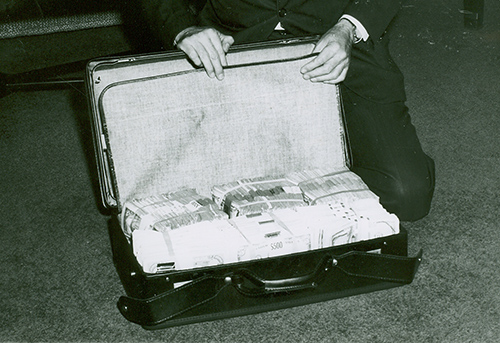
The FBI, Frank Sinatra Sr. and Nancy Barbato, the victim’s mother and Frank Sr.’s ex-wife, were quickly involved. The FBI advised the Sinatra family to wait for a ransom demand, pay it and then
let the FBI track the money to identify the kidnappers.
It should be noted that the elder Sinatra had been good friends not just with mobsters, but with President John F. Kennedy, who had been assassinated just one month earlier. His financial and political resources were nearly inexhaustible.
John Irwin
A third conspirator, John Irwin, a 42-year-old house painter, called Frank Sr. and, on December 10, demanded a $240,000 ransom. Sinatra agreed to pay it, but actually offered to more than quadruple the ransom to $1 million.
Keenan declined the offer, sticking to his original demand for $240,000.
The ransom drop
Sinatra paid the ransom, but the FBI had recorded the money’s serial numbers. The ransom was delivered as promised to a Sepulveda, California, gas station on December 11. Keenan and Amsler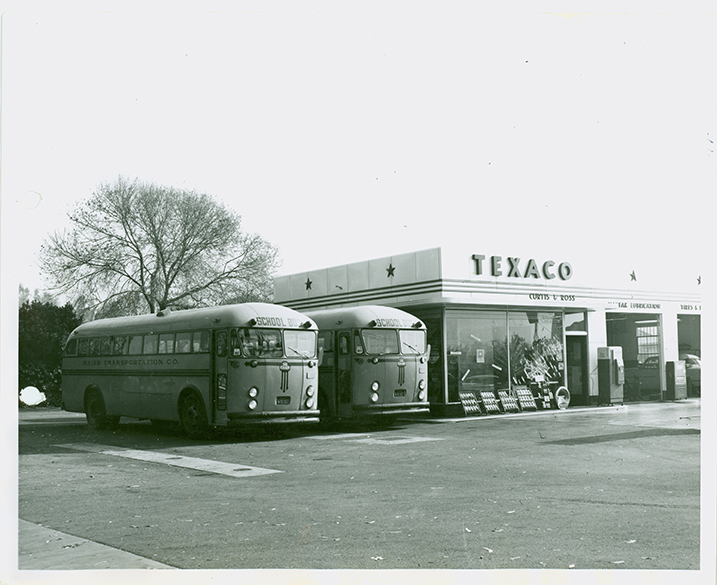 collected the money while Irwin freed Sinatra Jr. in the Bel Air suburb of Los Angeles.
collected the money while Irwin freed Sinatra Jr. in the Bel Air suburb of Los Angeles.
So far, so good. But then Irwin bragged to his brother about the affair – which by this time was national news. The brother called the FBI. Keenan was arrested on December 13 and Amsler the next day, with about $168,000 recovered.
One odd side note developed in the investigation: Singer Dean Torrence of the surf-rock duo Jan and Dean was a friend of Keenan’s, with whom he shared a safety deposit box. During the FBI investigation, the FBI proved that money in that deposit box came from the ransom, and Torrence was called as a witness by the prosecutor in the federal trial that followed.
During that trial, Torrence said first that he did not know about the kidnapping in advance, and then, amending his earlier statement, told the judge that he did know about the kidnapping and that his earlier testimony had been perjury. In fact, he had loaned Keenan $1,000 in “seed money” for the kidnapping. Torrence avoided perjury charges, although there were rumors that Jan & Dean suffered professionally because of Torrence’s association with the kidnappers.
Torrence later contended that he didn’t really believe his friend was going to kidnap Frank Sinatra’s oldest son.
Originally convicted and sentenced to life plus 75 years, the kidnappers (who had argued in court that Sinatra Jr. had essentially arranged the kidnapping to promote his own career) eventually, through appeals, won lesser sentences. Amsler and Irwin served just three and a half years, and Keenan just a year more than his co-conspirators.
Frank Sinatra Jr. sometimes ducks discussing the kidnapping, and has been haunted by the defense’s argument at trial that he engineered the kidnapping. But Sinatra is still performing standards from the Big Band era. Keenan is a successful real estate developer in Texas. Amsler, who was a stunt double in Hollywood and sometime farm hand, died in Virginia in 2006. Irwin seemed to disappear after his release from prison.
Editor’s note: Frank Sinatra Jr. passed away March 16, 2016, at the age of 72. He died unexpectedly of cardiac arrest while on tour.
Photos courtesy of FBI
Feedback or questions? Email blog@themobmuseum.org






